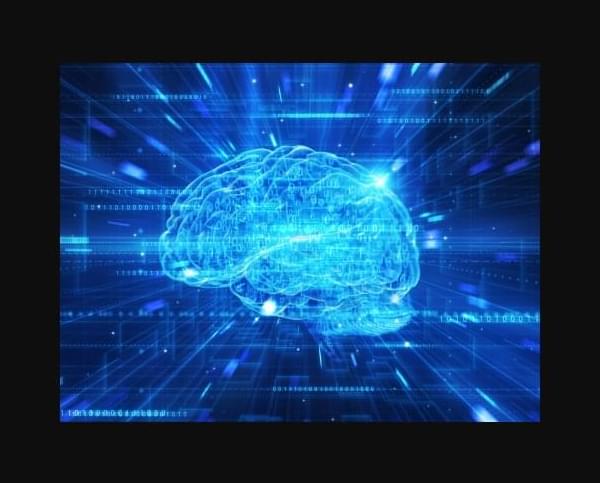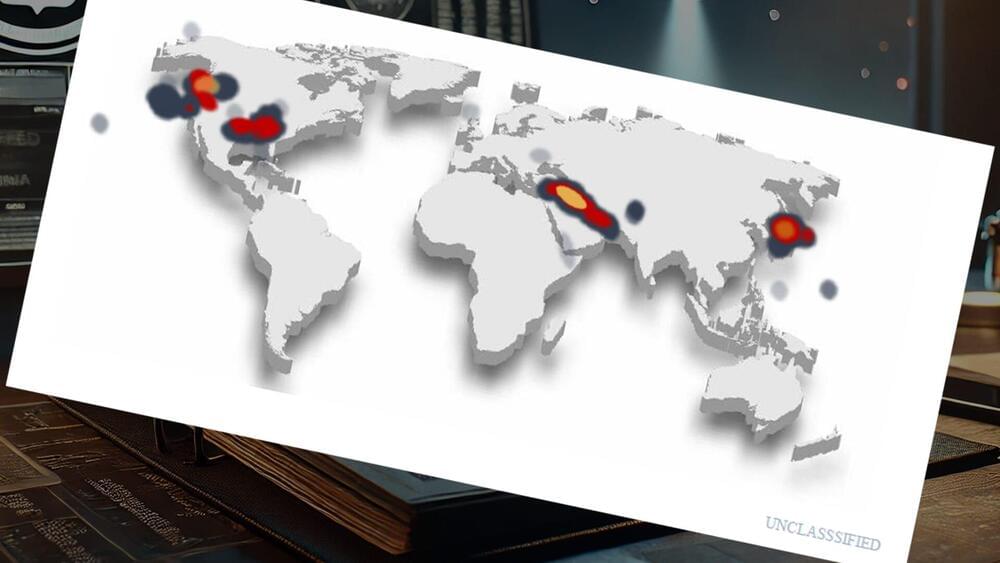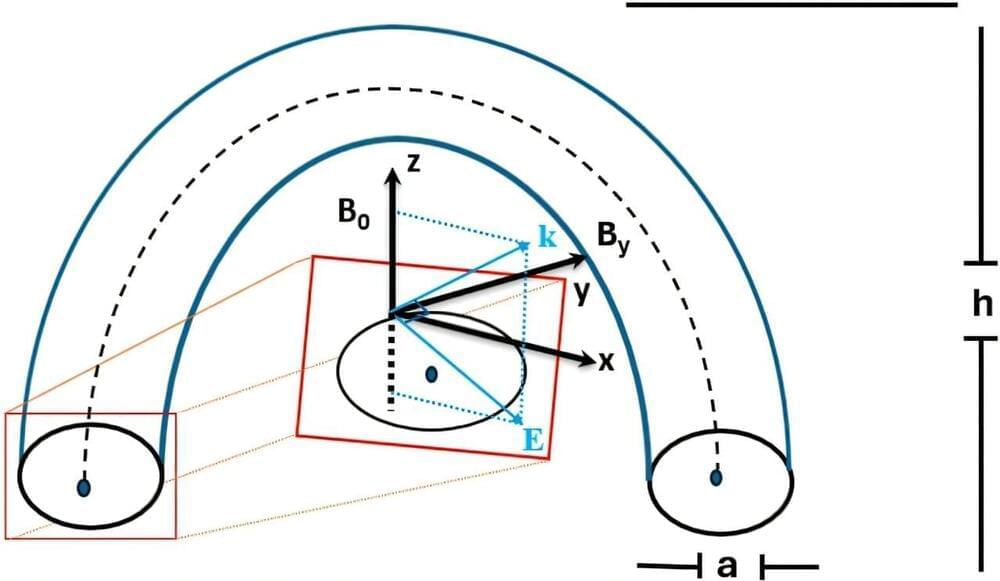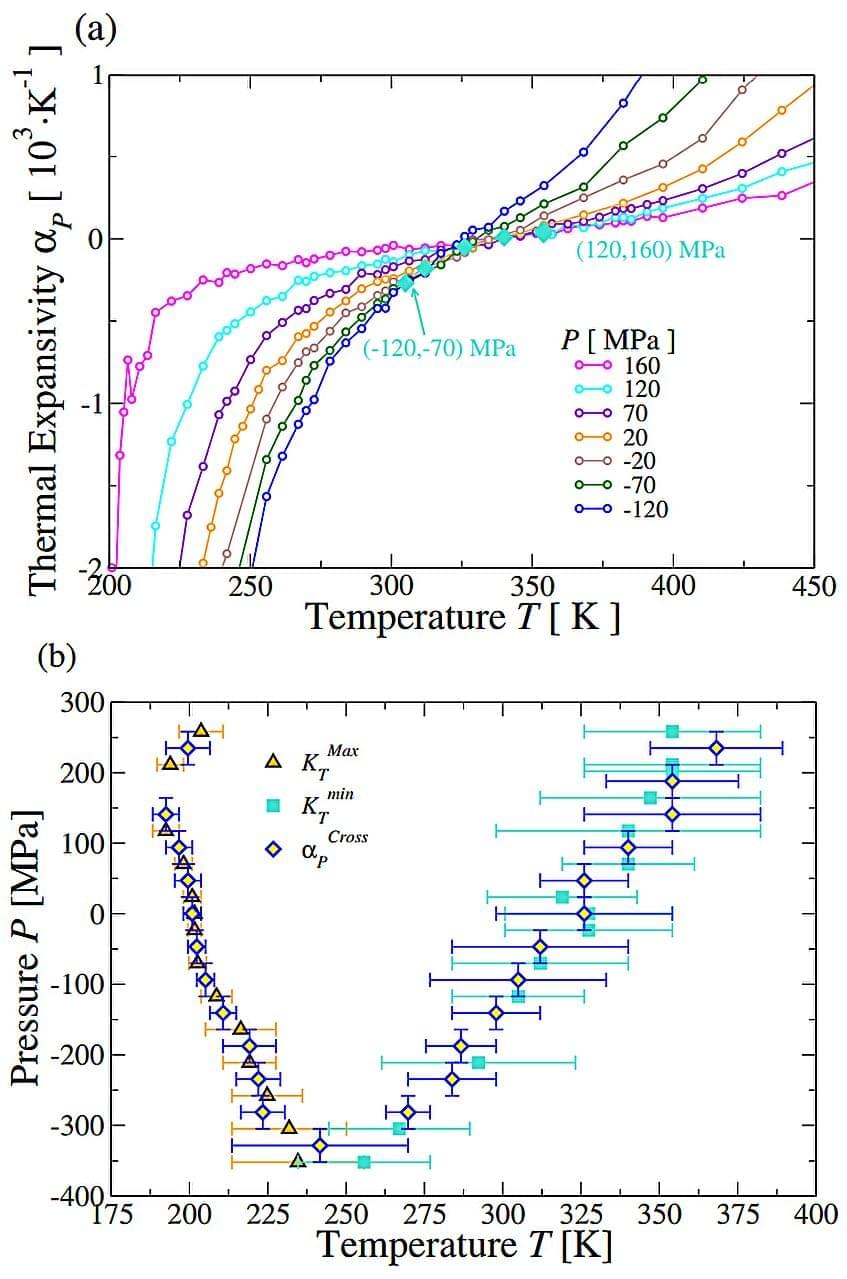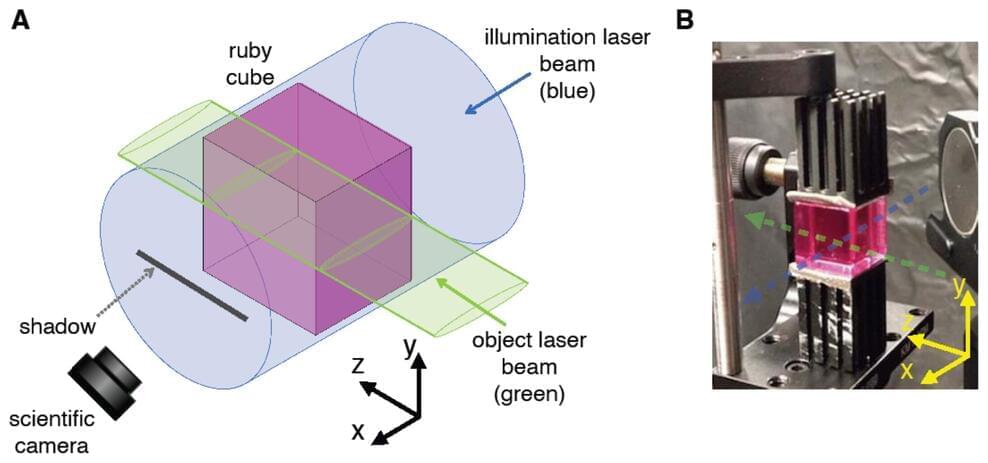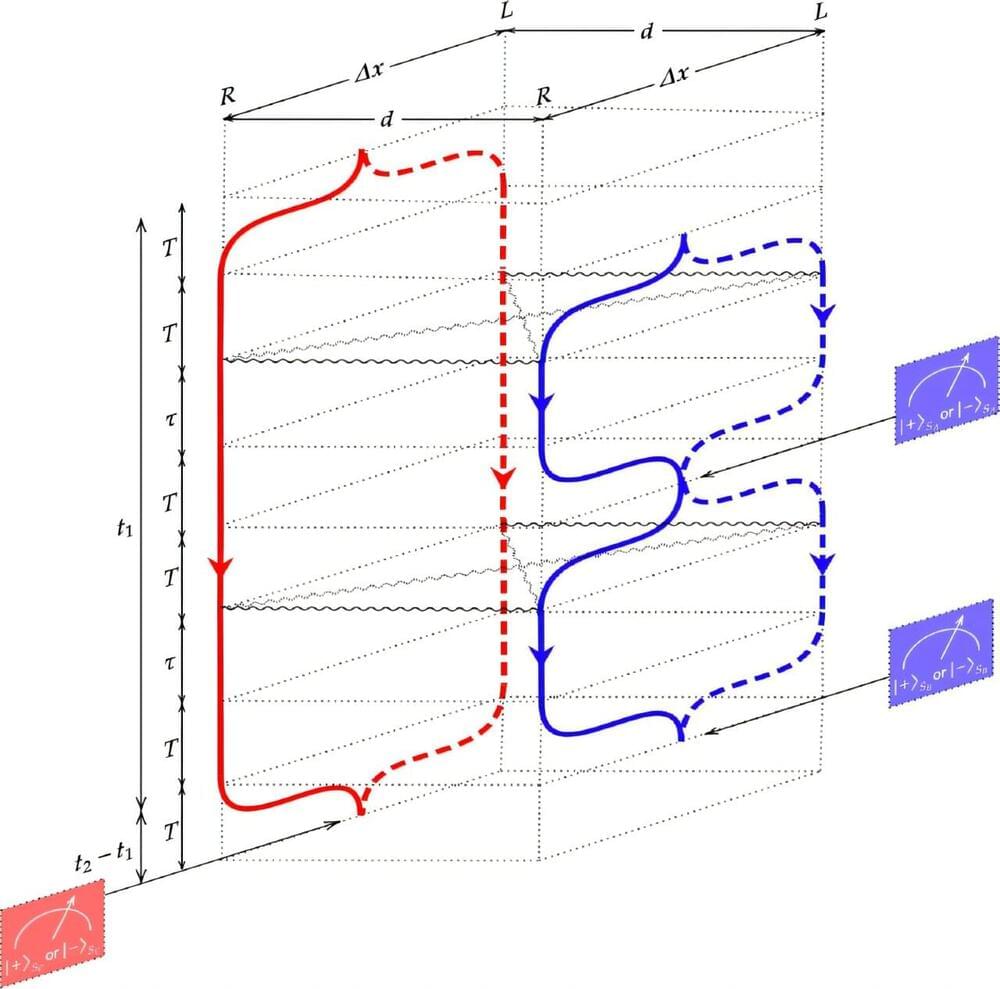Page 46
Nov 15, 2024
DoD Releases 2024 UAP Annual Report: 757 New Sightings Recorded Amid Growing National Security Concerns
Posted by Saúl Morales Rodriguéz in categories: government, security, space
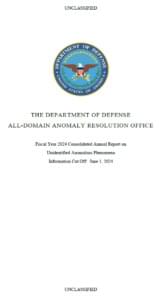 The Department of Defense (DoD), alongside the Office of the Director of National Intelligence (ODNI), delivered its 2024 Annual Report on Unidentified Anomalous Phenomena (UAP) to Congress this week, fulfilling requirements outlined in the National Defense Authorization Act (NDAA) for Fiscal Year 2022, with amendments from the FY 2023 NDAA. The report, produced by the DoD’s All-Domain Anomaly Resolution Office (AARO), presents a comprehensive update on UAP sightings and analyses, covering incidents reported from May 2023 through June 2024.
The Department of Defense (DoD), alongside the Office of the Director of National Intelligence (ODNI), delivered its 2024 Annual Report on Unidentified Anomalous Phenomena (UAP) to Congress this week, fulfilling requirements outlined in the National Defense Authorization Act (NDAA) for Fiscal Year 2022, with amendments from the FY 2023 NDAA. The report, produced by the DoD’s All-Domain Anomaly Resolution Office (AARO), presents a comprehensive update on UAP sightings and analyses, covering incidents reported from May 2023 through June 2024.
According to the report, AARO received a total of 757 UAP reports during this period. Out of these, 485 incidents occurred within the last year, while the remaining 272 involved sightings from 2021 and 2022 that had not been previously cataloged. These new additions bring the total number of UAP cases reviewed by AARO to over 1,600 as of June 1, 2024.
The DoD emphasizes that UAP reports are critical to national security. Every incursion into designated air, sea, or space zones is taken seriously, with each sighting undergoing a systematic, data-driven analysis. AARO’s mandate includes examining these sightings for potential threats to service members, U.S. facilities, and sensitive operations.
Nov 15, 2024
Advancing the Cardiovascular Care of the Oncology Patient (In-Person)
Posted by Shubham Ghosh Roy in categories: biotech/medical, health
Breast cancer is a major health concern worldwide, and early detection is crucial for effective treatment. Traditional imaging methods, such as mammography, have limitations, especially for women with dense breast tissue. Photoacoustic imaging, which combines light and sound to create detailed images of breast tissue, offers a promising alternative. However, recent research has highlighted a significant challenge: skin tone bias.
A team of researchers from Johns Hopkins University recently investigated how skin tone affects the visibility of breast cancer targets in photoacoustic imaging.
As reported in Biophotonics Discovery, the study focused on three image reconstruction methods: fast Fourier transform (FFT)-based reconstruction, delay-and-sum (DAS) beamforming, and short-lag spatial coherence (SLSC) beamforming. The study used simulations with different wavelengths (757800, and 1,064 nm), target sizes (0.5 to 3 mm), and skin tones (ranging from very light to dark).
Nov 15, 2024
Meta to Face FTC over Instagram & WhatsApp Acquisitions
Posted by Saúl Morales Rodriguéz in category: futurism
Nov 14, 2024
New Computing Breakthrough achieves 100 MILLION Times GPU Performance!
Posted by Claudio Soprano in categories: computing, innovation

In this video I discuss probabilistic computing that reportedly allows for 100 million times better energy efficiency compared to the best NVIDIA GPUs.
Check out my new course on Technology and Investing in Silicon:
https://www.anastasiintech.com/course.
The first 50 people to sign up get 25% off with the code “EARLY25”
Continue reading “New Computing Breakthrough achieves 100 MILLION Times GPU Performance!” »
Nov 14, 2024
Hubble sees aftermath of galaxy’s scrape with Milky Way
Posted by Saúl Morales Rodriguéz in category: space
A story of survival is unfolding at the outer reaches of our galaxy, and NASA’s Hubble Space Telescope is witnessing the saga.
Nov 14, 2024
Kinetic Alfvén waves may be key to mystery of solar corona heating
Posted by Saúl Morales Rodriguéz in category: futurism
Syed Ayaz, a researcher at The University of Alabama in Huntsville (UAH), has published a paper in Scientific Reports that builds on an earlier first-of-its-kind study that examined kinetic Alfvén waves (KAW) as a possible explanation for why the solar corona, the outermost layer of the sun’s atmosphere, is approximately 200 times hotter than the surface of the sun itself.
Nov 14, 2024
Theoretical model explains the anomalous properties of water in extreme conditions
Posted by Saúl Morales Rodriguéz in category: futurism
Water, a molecule essential for life, has unusual properties—known as anomalies—that define its behavior. However, there are still many enigmas about the molecular mechanisms that would explain the anomalies that make the water molecule unique. Deciphering and reproducing this particular behavior of water in different temperature ranges is still a major challenge for the scientific community.
Nov 14, 2024
Scientists discover laser light can cast a shadow
Posted by Saúl Morales Rodriguéz in category: futurism
Can light itself cast a shadow? It may sound like a philosophical riddle, but researchers have found that under certain conditions, a laser beam can act like an opaque object and cast a shadow. The discovery challenges the traditional understanding of shadows and opens new possibilities for technologies that could use a laser beam to control another laser beam.
Nov 14, 2024
A proposed experiment to test whether gravity behaves as a quantum entity when measured
Posted by Saúl Morales Rodriguéz in categories: particle physics, quantum physics
Physicists have learned a lot about the makeup of the universe over the past century and have developed many theories to explain how everything works. Two of the biggest are Einstein’s theory of general relativity, which describes the visible or classical world, and quantum theory, which describes the quantum world.
But one thing physicists do not understand completely is gravity. They also do not know if it fits into general relativity or quantum physics. Figuring out what gravity is would go a long way toward the development of a grand unified theory of physics, which would tie the two fields together—one of the biggest goals in the physics world.
In this new research, the team has developed an idea for a so-called table-top experiment that could be used to show whether gravity is changed when measured—if so, that would give strong evidence that it is a quantum property.
